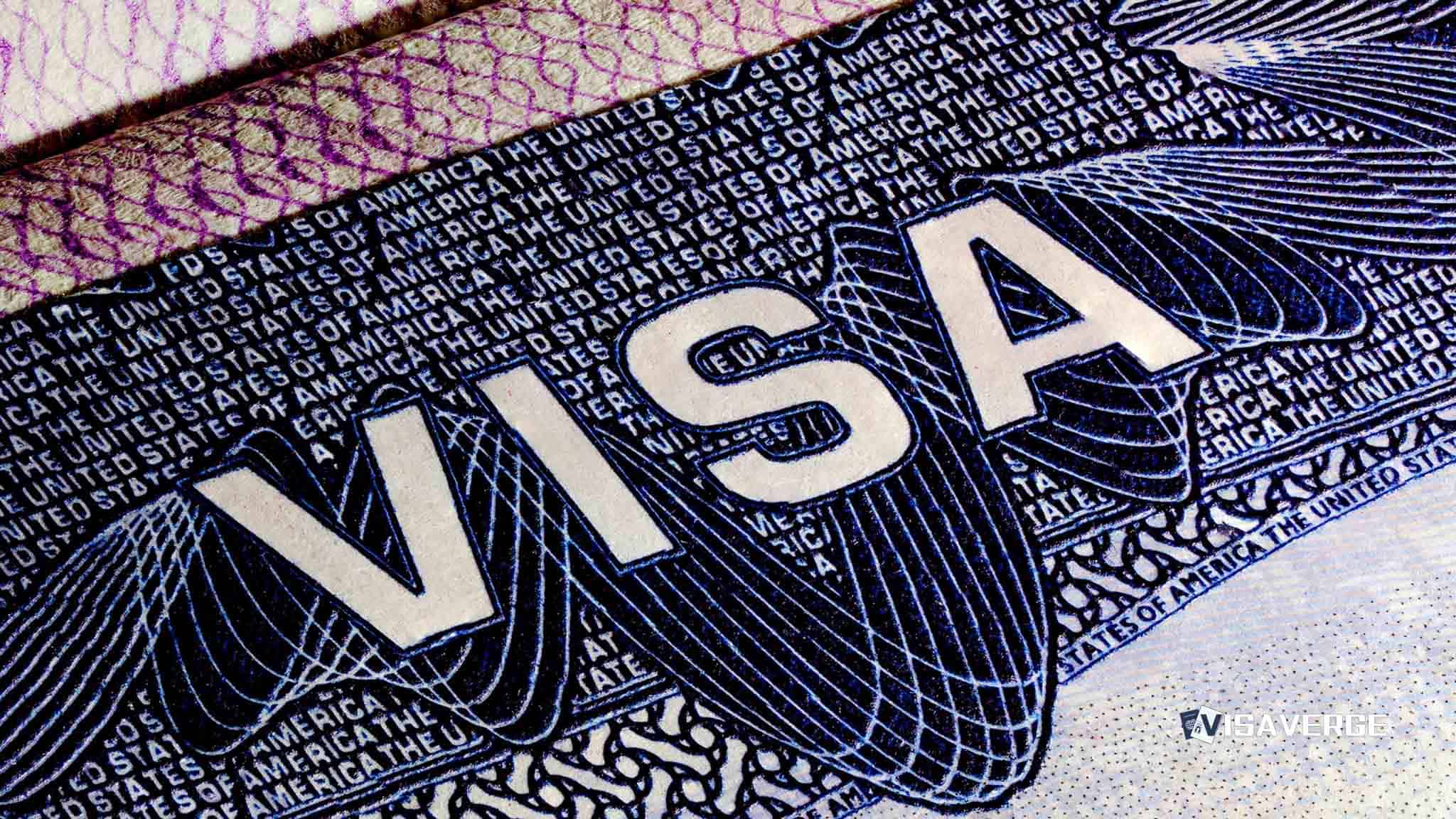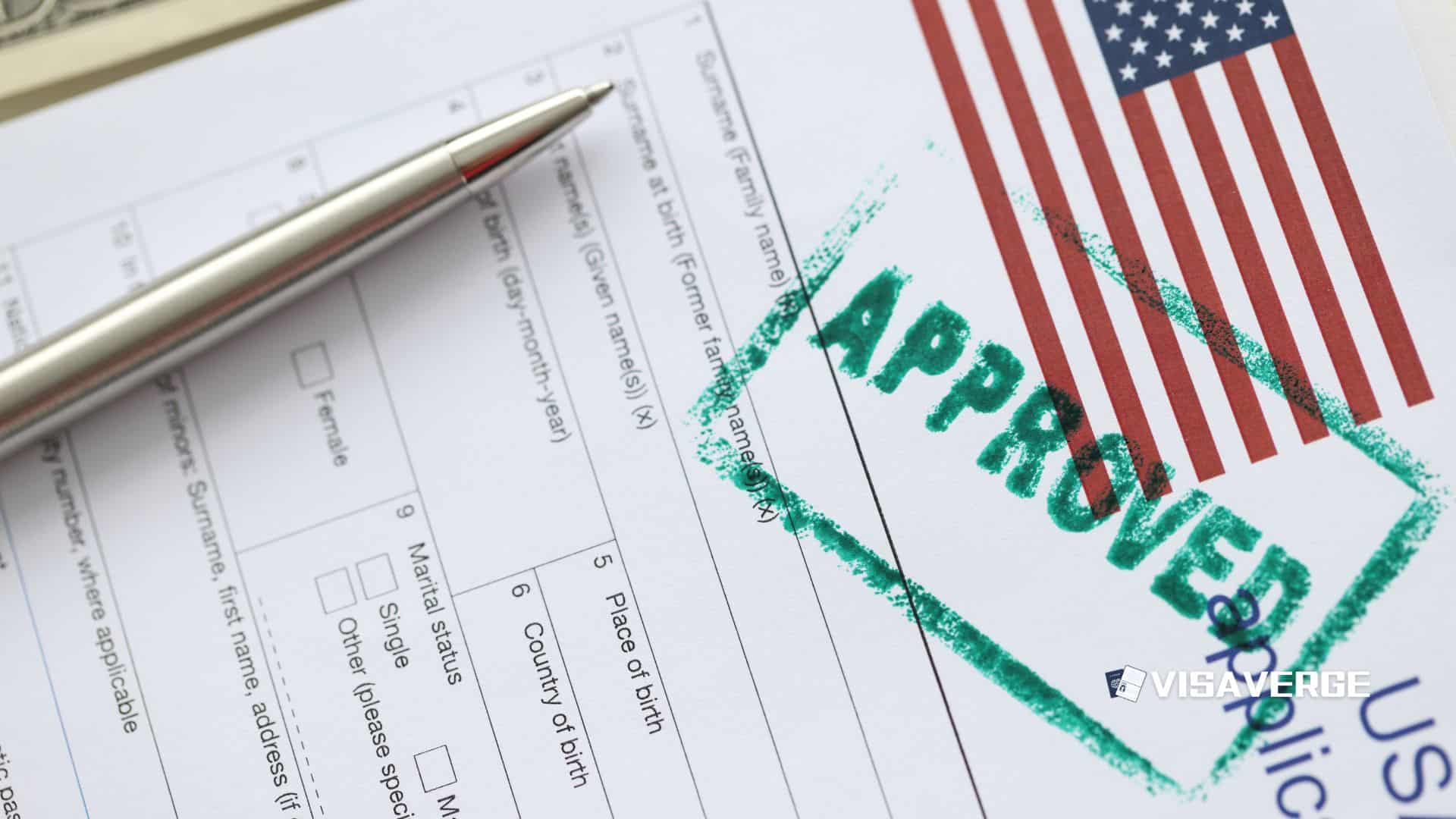Navigating the PERM Process Amid Diverse State Employment Laws
The Program Electronic Review Management (PERM) process is an intricate pathway that U.S. employers must navigate to hire foreign nationals. However, the nuances and variations of state employment laws can significantly impact this immigration pathway. This article provides a straightforward analysis of how differing state regulations can affect the PERM process and what employers should keep in mind.
Understanding the PERM Process
Before delving into the influence of state laws, it’s crucial to understand the fundamentals of the PERM process. The PERM process is the initial phase for obtaining an employment-based green card in the United States. It requires employers to demonstrate that there are no willing, qualified, and available U.S. workers to fill the position that a foreign worker is being hired for. This process involves various steps, including job advertisement and recruitment efforts.
The Impact of State Employment Laws on PERM
State employment laws can shape different aspects of the PERM process, from job postings to employee rights. Here’s how:
- Job Posting Requirements: Some states have specific job listing requirements that employers must follow. These might include where ads should be placed or how job descriptions should be presented. Missing the mark on these can invalidate a PERM application.
- Wage Compliance: Wage determinations are a central part of the PERM process, ensuring companies pay the prevailing wage to immigrant workers. As state laws may dictate higher minimum wages or other benefits, employers must align their offers with both federal guidelines and state-specific standards.
- Employment Practices: State-specific employment practices, such as nondiscrimination policies or leave entitlements, may need to be incorporated when drafting employment contracts for PERM candidates, potentially complicating the harmonization of federal and state requirements.
Examples and Scenarios
Imagine an employer in California, a state known for rigorous employment protections. If California enacts a law that extends more generous family leave than what is federally mandated, an employer must incorporate this into their PERM labor condition application to ensure compliance. Not adhering to such could mean delays or denials in the PERM process.
Strategies for Compliance
So, what can employers do to ensure a smooth PERM process given these state-level variations? Here are a few approaches:
- Detailed Research: Employers must stay informed about the local and state employment laws that might affect the PERM process. Being proactive in legal research or consulting with an expert can save time and resources.
- Consultation with Legal Experts: It’s often beneficial for employers to work with immigration attorneys who understand the interplay between federal immigration requirements and state employment laws.
-
Regular Training and Updates: Employers should ensure their HR personnel are trained in both federal and state requirements and are kept up-to-date with any legal changes that may impact PERM-related filings.
Final Thoughts
While federal regulations provide a standard framework for the PERM process, state employment laws require an additional layer of awareness and compliance. The employment law impact on immigration, and specifically on PERM, necessitates that employers remain up-to-date and diligent in adhering to both federal and state guidelines.
For more detailed guidance, employers can refer to resources like the U.S. Department of Labor or consult with their legal representation to ensure that their PERM process aligns with all necessary regulations.
In closing, the convergence of immigration protocols and local employment legislation poses challenges but, with a considered approach, navigating the PERM process amidst diverse state employment laws is achievable.
So there you have it, folks! Navigating the PERM process can be as tricky as trying to find the perfect emoji for every situation. But fear not! Understanding the impact of state employment laws and taking proactive steps to comply can save you from a comedy of errors. If you want to dive deeper into this techy immigration topic, check out visaverge.com for more insider tips and tricks. Happy navigating, my friends! 🌐🚀 #immigrationhacks
FAQ’s to know:
FAQ 1: How do state employment laws impact the PERM process?
Answer: State employment laws can affect various aspects of the PERM process. For example, some states have specific job listing requirements that must be followed, and missing them can invalidate a PERM application. Additionally, wage compliance becomes crucial as states may have higher minimum wage standards, which employers must align with federal guidelines. Moreover, state-specific employment practices, such as nondiscrimination policies or leave entitlements, may need to be incorporated into employment contracts for PERM candidates.
FAQ 2: What strategies can employers adopt to ensure compliance with diverse state employment laws during the PERM process?
Answer: To ensure compliance with diverse state employment laws during the PERM process, employers can adopt the following strategies. First, conduct detailed research to stay informed about local and state employment laws that may affect the PERM process. Second, consult immigration attorneys who understand the interplay between federal immigration requirements and state employment laws. Lastly, provide regular training and updates to HR personnel on both federal and state requirements, keeping them aware of any legal changes that may impact PERM-related filings.
FAQ 3: What could happen if employers fail to adhere to state-specific employment laws during the PERM process?
Answer: Employers who fail to adhere to state-specific employment laws during the PERM process may experience delays or denials. For example, if a state enacts a law that extends more generous family leave than what is federally mandated, employers must incorporate this into their PERM labor condition application to ensure compliance. Failure to do so could result in complications and potential negative outcomes in the PERM process. To avoid such issues, it is essential for employers to stay updated and diligent in adhering to both federal and state employment law requirements.
What did you learn? Answer below to know:
- True or False: State employment laws can impact the PERM process for hiring foreign nationals in the United States.
- Which aspect of the PERM process can be affected by state employment laws?
a. Job advertisement duration
b. Job posting requirements
c. Application submission deadline
d. Interview scheduling process - What strategies can employers adopt to ensure compliance with state employment laws during the PERM process?
a. Conducting detailed research on federal regulations
b. Seeking legal consultation specific to immigration law
c. Providing regular training and updates to HR personnel
d. All of the above














